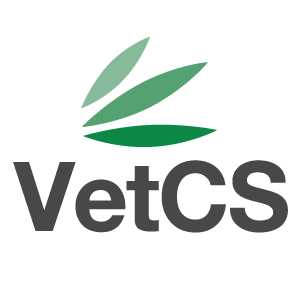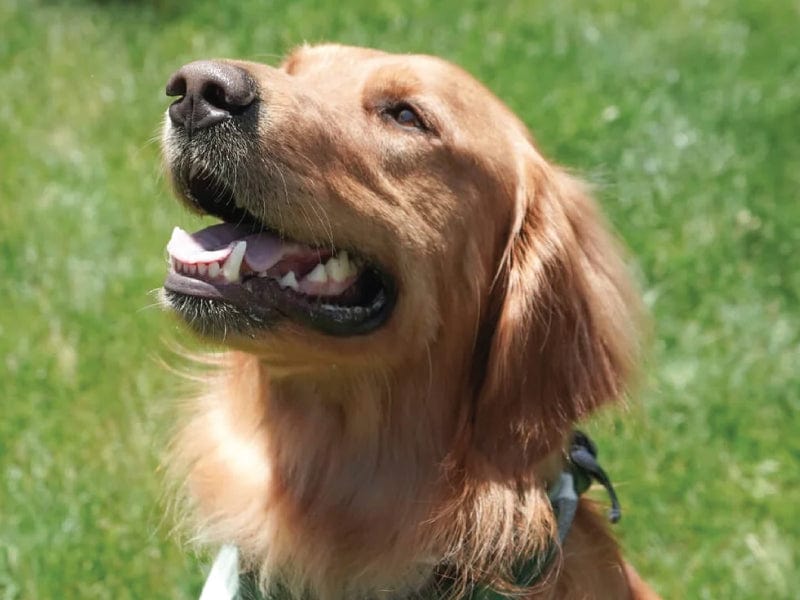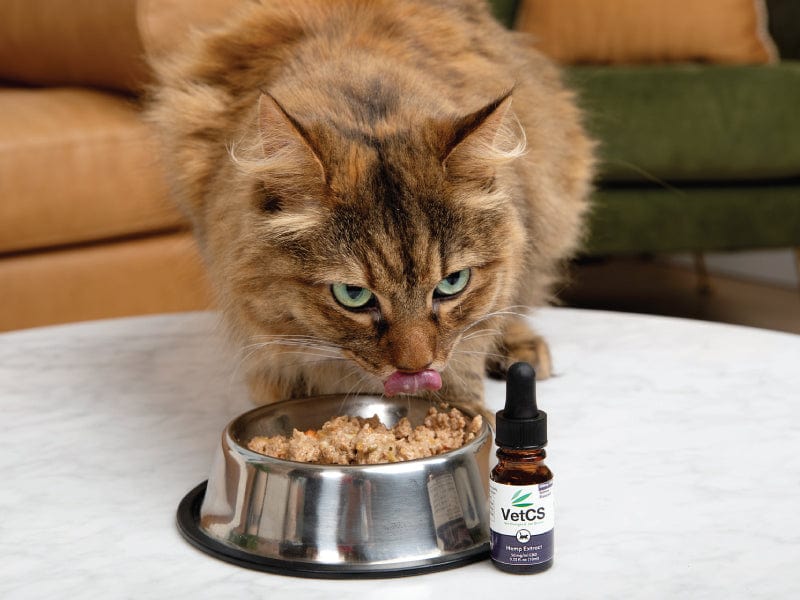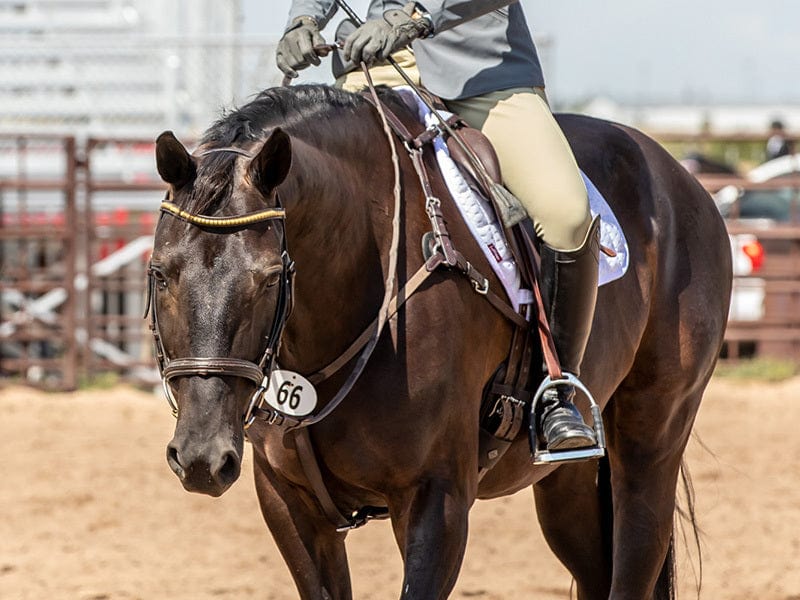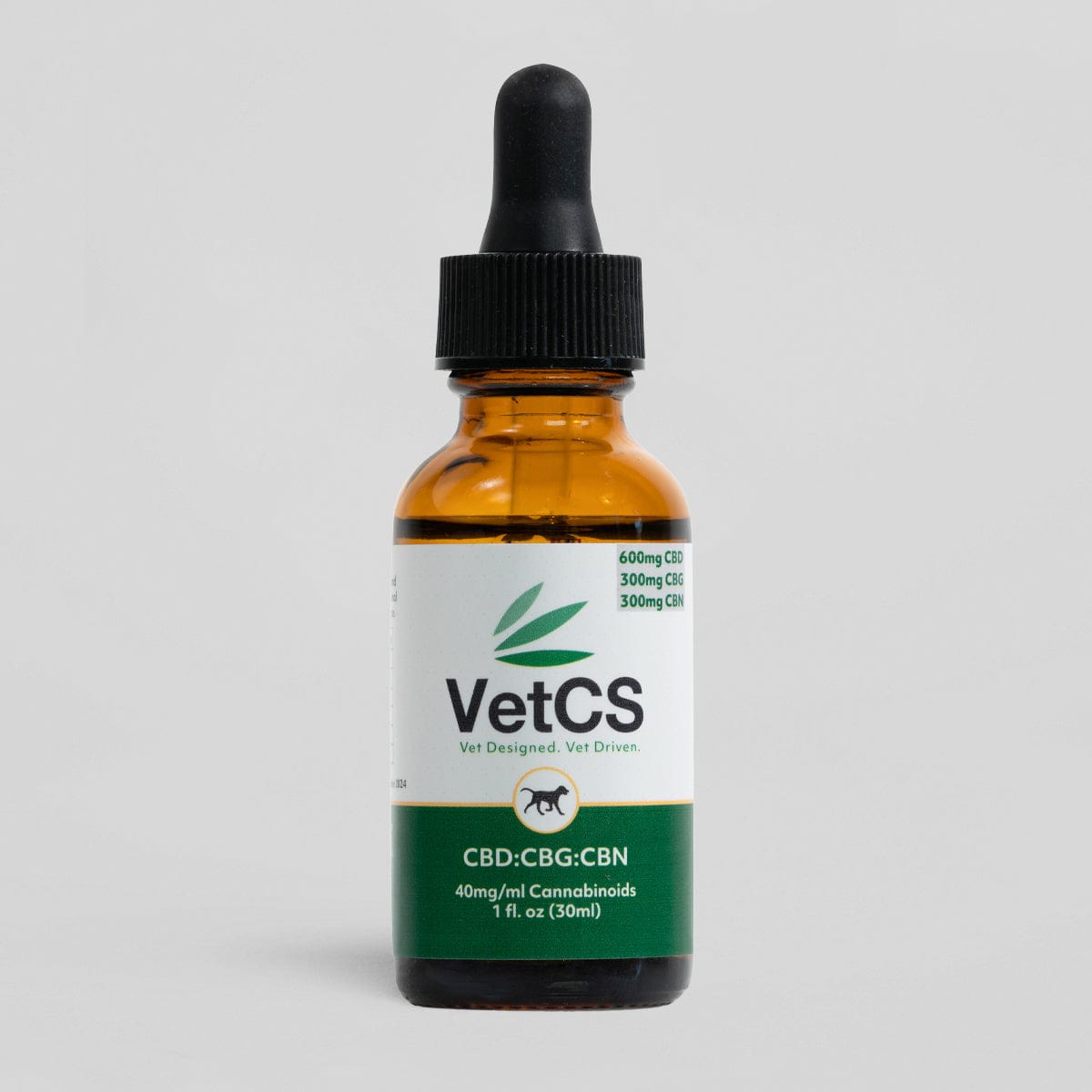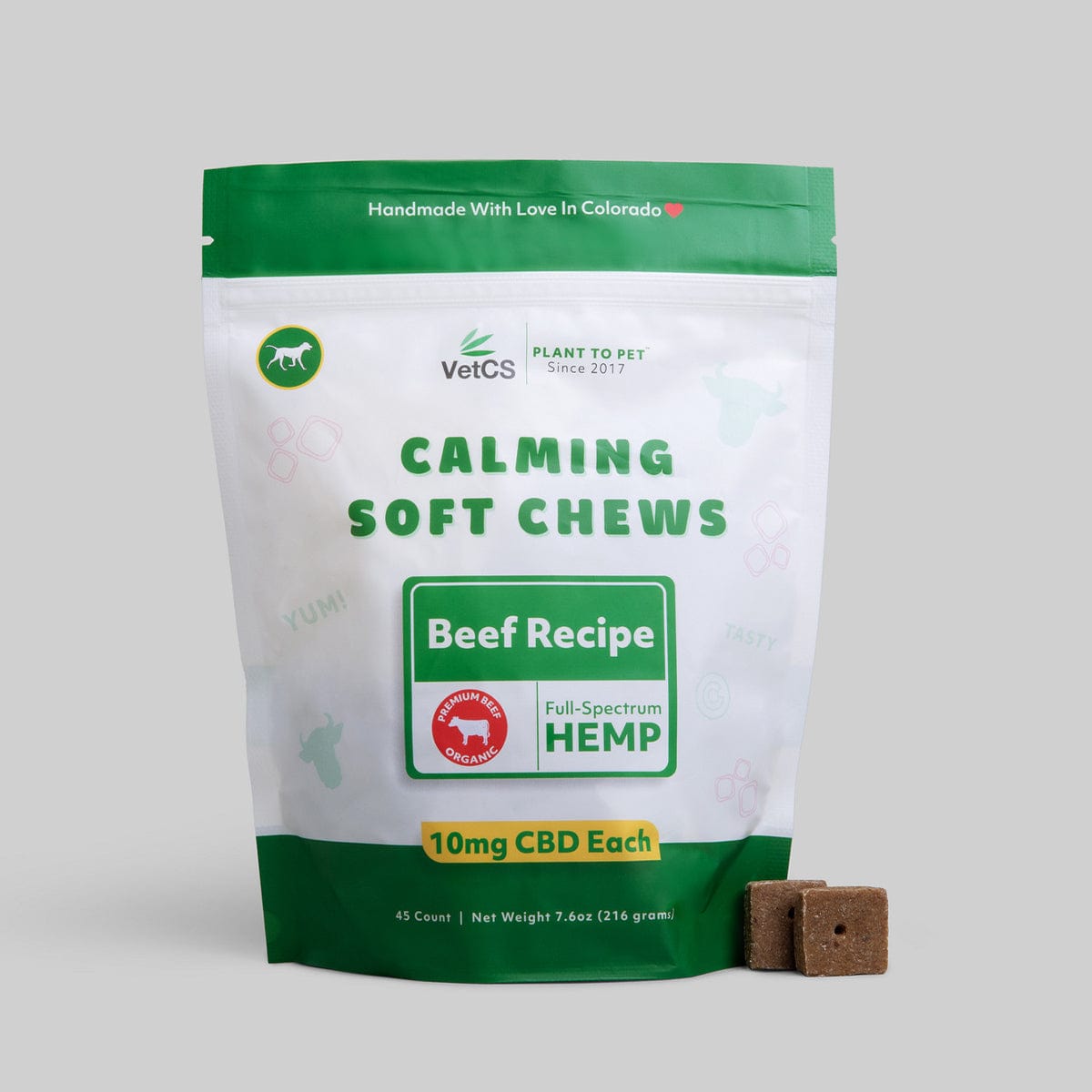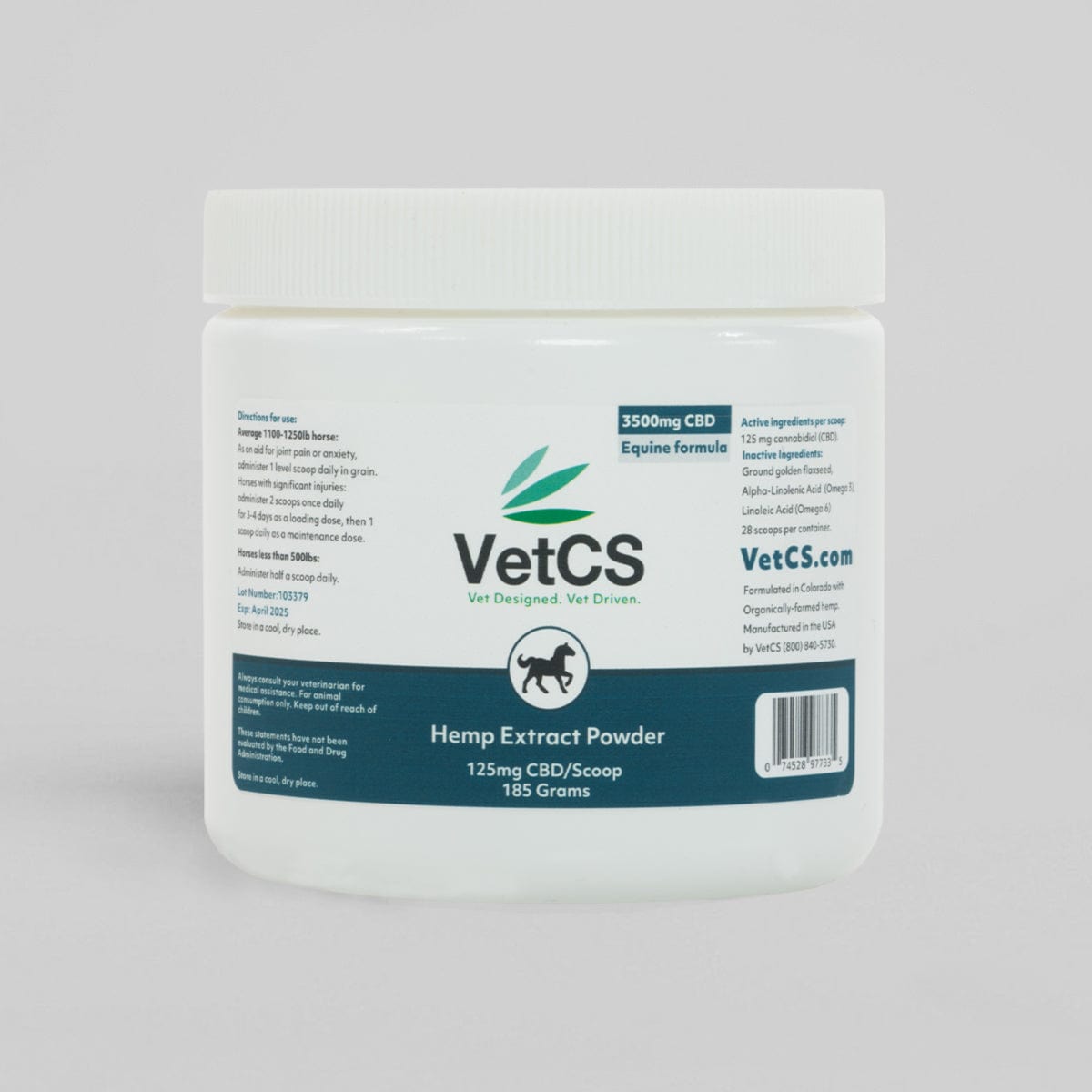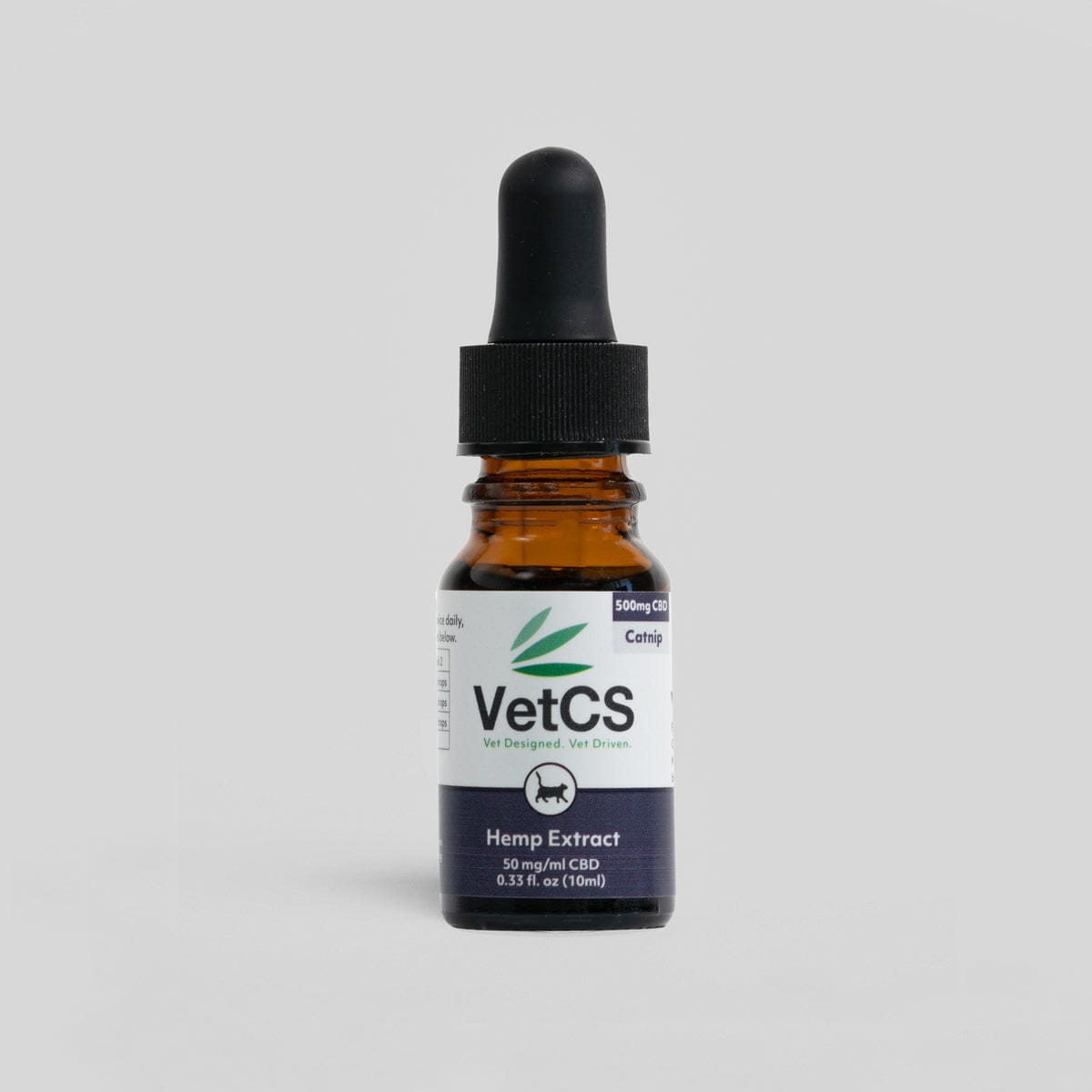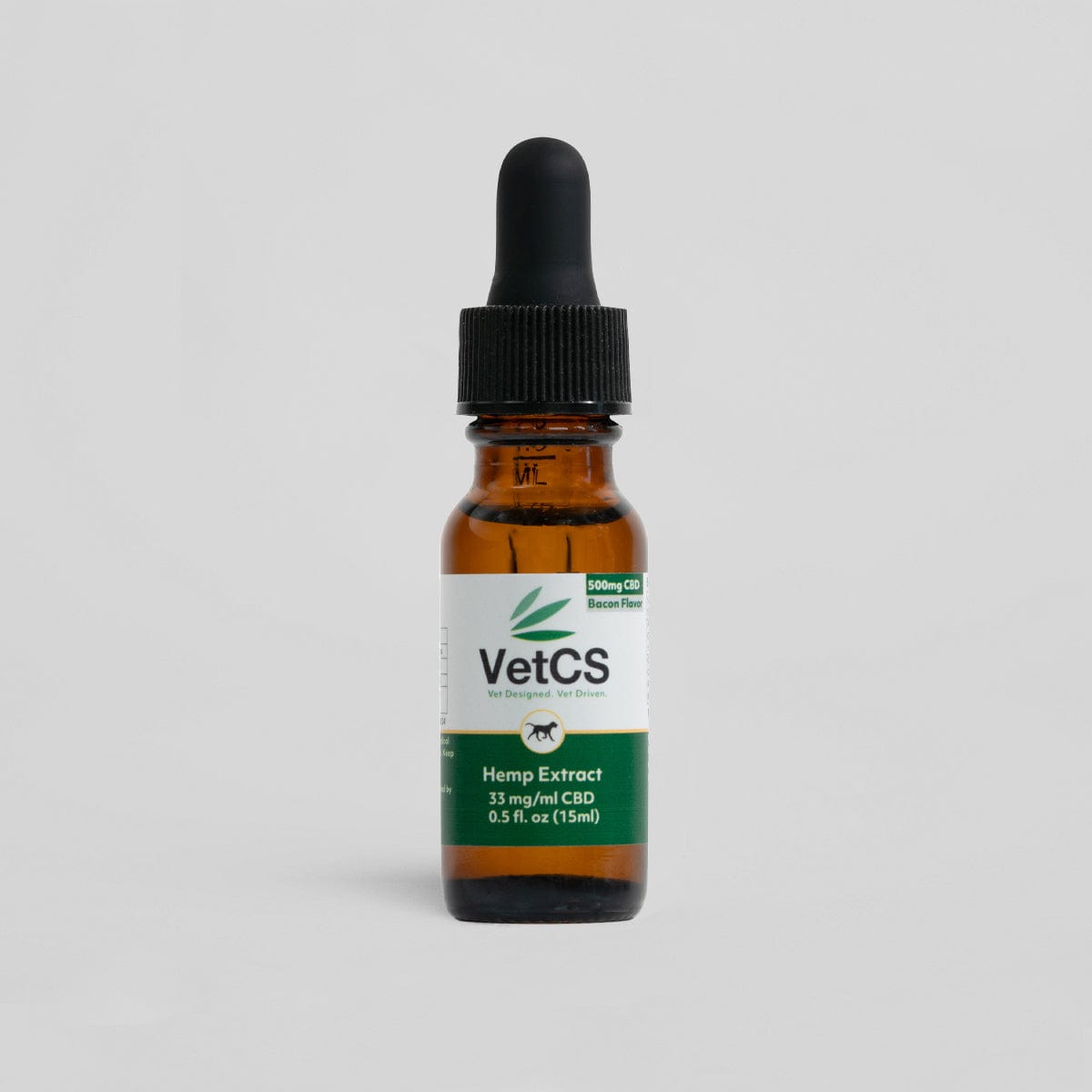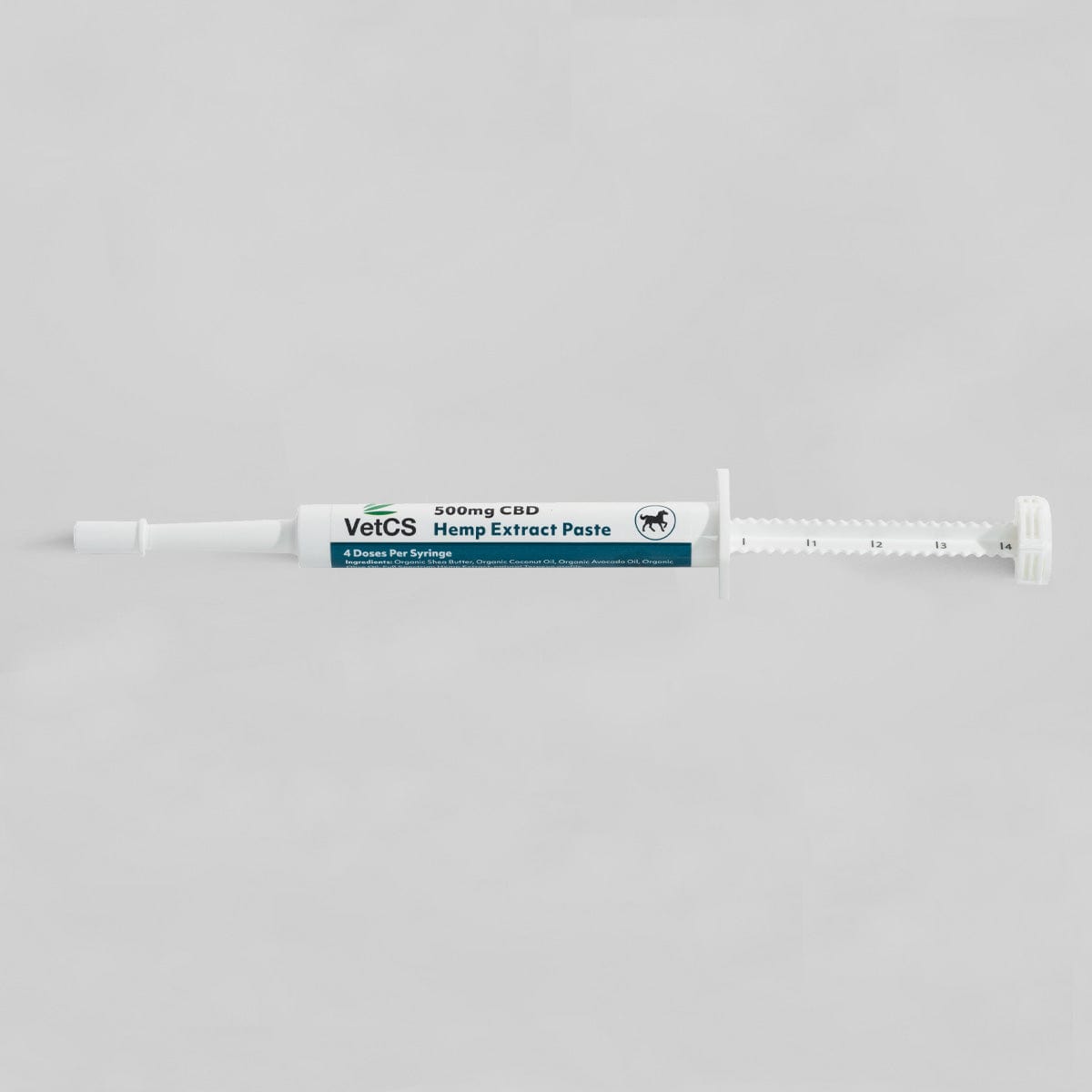
Caring for a senior horse demands a thoughtful and tailored approach to meet the evolving needs of our equine companions in their golden years. As horses age, they undergo physical and physiological changes that require special attention. From dental health and nutritional adjustments to adapting exercise routines and ensuring a comfortable living environment, the care of a senior horse also involves a holistic understanding of their well-being. This guide explores key considerations and practical tips to provide the best possible care for your senior equine friend, ensuring they thrive in their later stages of life.
Regular Veterinary Care:
- Schedule routine check-ups with your equine veterinarian to talk about their current needs.
- Your veterinarian should conduct thorough physical exams, including dental check-ups and bloodwork to detect early signs of age-related issues. They can customize a care plan specific to your horse.
- Metabolic disorders such as Pars Pituitary Intermedia Dysfunction (formerly called Cushing's) and Insulin Dysregulation (Equine Metabolic Disease) can be occurring in your senior horse without overt signs at the beginning stages and cause a myriad of health problems. Screening bloodwork can help to assure a normal metabolic function.
Tailored Diet For Senior Horse:
- Adjust your senior horse's diet to meet changing nutritional needs.
- Consider softer feeds and frequent, smaller meals to accommodate dental changes and potential digestive issues if needed.
- Monitor any weight changes closely and consult with your veterinarian for dietary adjustments.
Adapted Exercise Routine:
- Modify their exercise regimen based on the horse's capabilities and requirements.
- Depending on their needs, incorporate low-impact exercises like walking or gentle riding to maintain joint flexibility and muscle tone.
- Be mindful of any signs of discomfort during exercise.
Senior Horse Dental Health:
- Prioritize dental care, as older horses are more likely to experience dental issues.
- Schedule regular dental check-ups with your veterinarian and follow their guidance on any floating schedules or other dental needs specific to your horse
Senior Horse Joint Care:
- It is advantageous to supplement their diet with chrondroprotectives and supplements to support aging joints.
- We love the VetCS hemp extract powderor joint support pellets to assist with reducing inflammation and keeping them comfortable as they continue to age.
- Provide comfortable and cushioned bedding to alleviate joint stress, especially if your senior horse has arthritis.
Shelter and Environment:
- Ensure access to comfortable shelter, protecting them from extreme weather conditions.
- Create a safe and well-maintained environment, minimizing potential hazards that could cause any injuries.
Companionship:
- Recognize the importance of social interaction for horses.
- If possible, provide a companion to alleviate potential loneliness, contributing to their mental well-being.
Mental Stimulation:
- Offer mental stimulation through toys, treat puzzles, or other mentally engaging activities.
- Rotate their environment if you are able, or introduce new elements to keep their minds active.
Monitoring Health Changes:
- Stay vigilant for signs of health changes, such as weight loss, changes in behavior, or mobility issues.
- Report any concerns promptly to your veterinarian for their attention and assessment.
Remember, individual needs may vary, so personalized attention and a close partnership with your veterinarian are essential for ensuring a happy and healthy senior horse. Our older equine companions embody grace and wisdom, a testament to years of steadfast companionship and a life well-lived!
